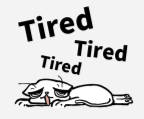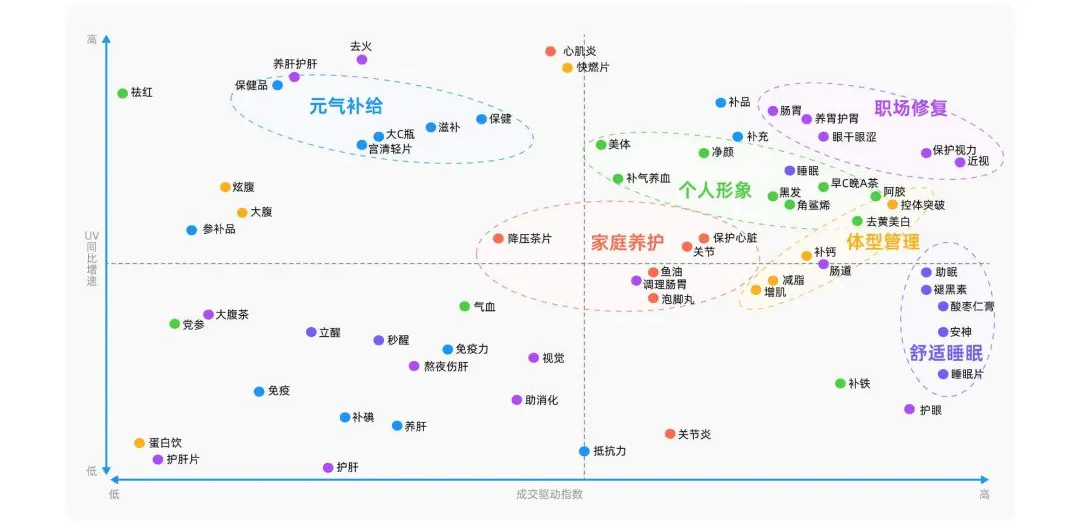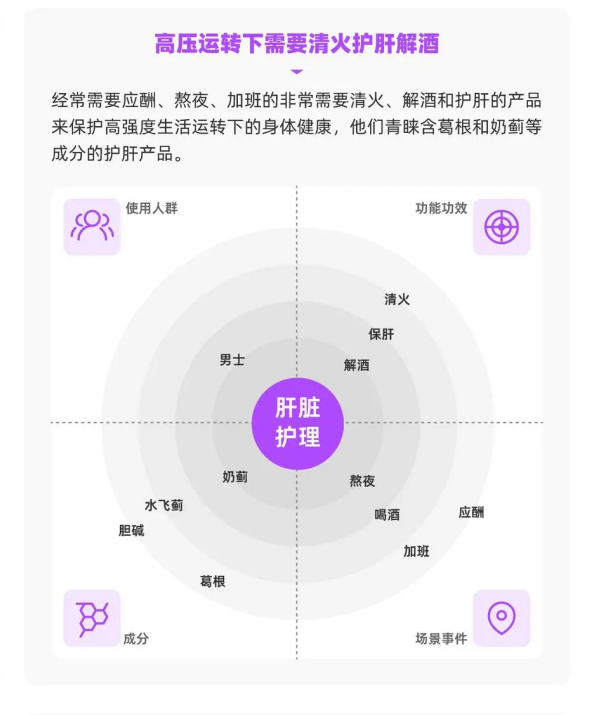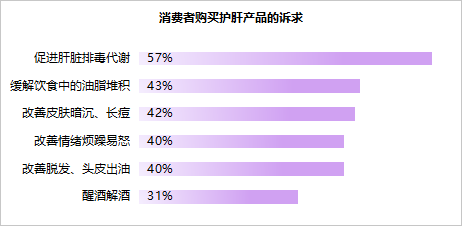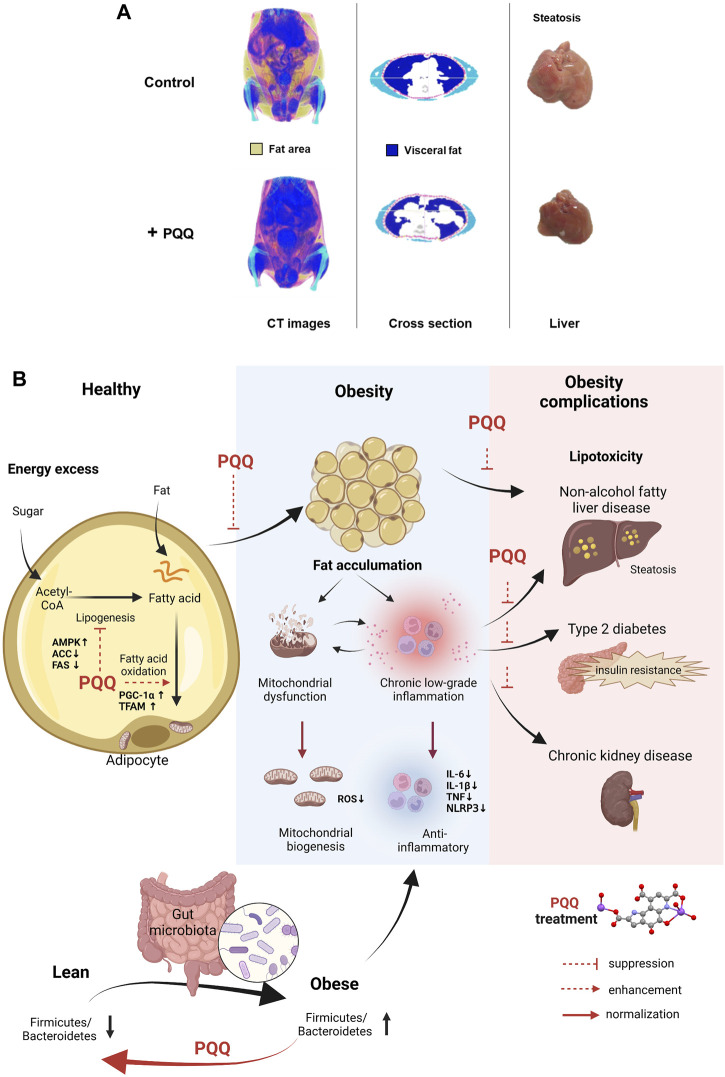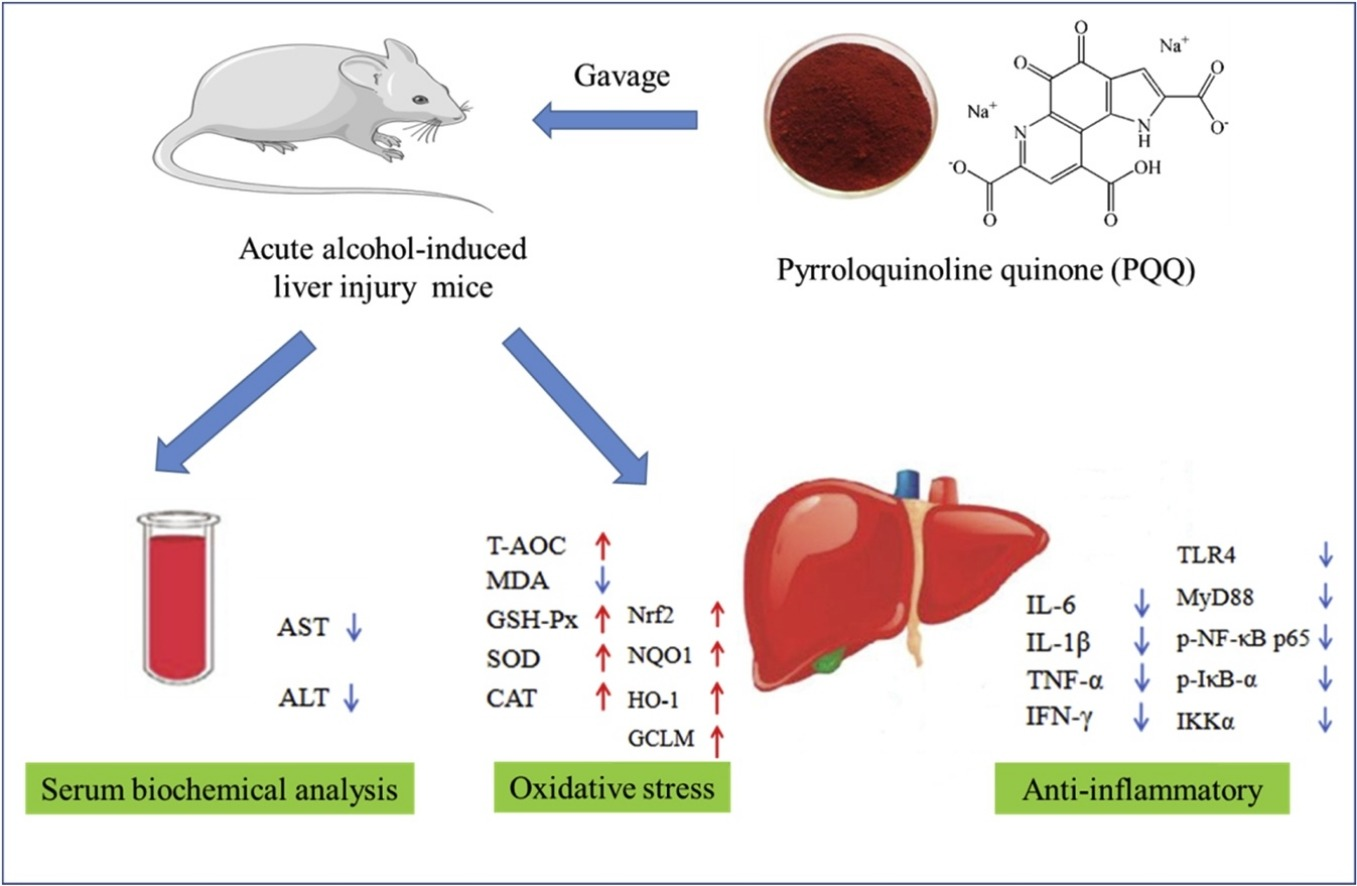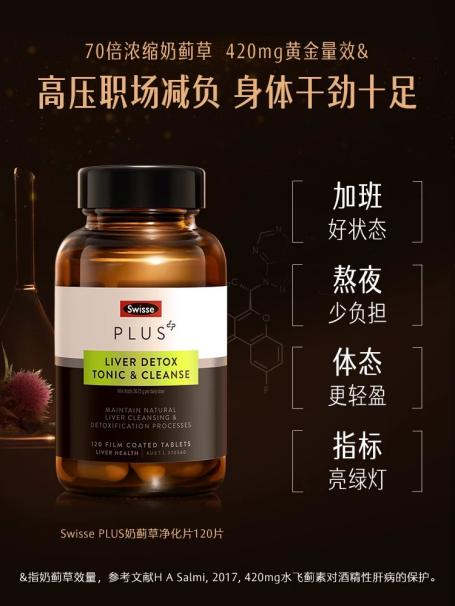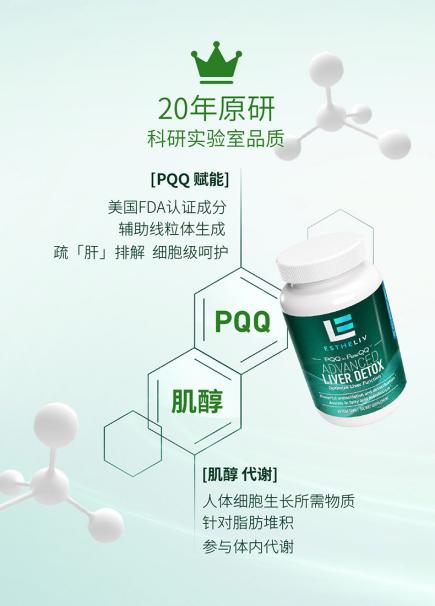Hubei Magic makes its first appearance at the New Nutrition Conference
From August 3rd to 5th, the 10th New Nutrition Conference 2022 was held at the Kaiyuan Mingdu Hotel in Hangzhou. Hubei Magic Health Technology Co., Ltd. served as an important exhibitor and organized the companys business team and RD team to participate i
